By Katherine Sittig-Boyd
Staff Writer
Lately I have noticed the tendency of students here at Simmons to say things like “I just wish we would all stop being sexist against men,” a statement made in various permutations and frequently preceded by “I like feminism, but…,” its nefarious sibling statement.
However, there is a distinct difference between being sexist and being rude to someone who happens to be male: namely, that the two seldom intersect when the insulted person in question defines himself as male in accordance to the determination of his sex/gender at birth as “male.” For the remainder of this article, “men” will refer to individuals assigned male at birth who identify as male.
Comments such as “men are ignorant,” “men are idiots,” “men are pigs,” and others in a similar vein may be insulting, can certainly be construed as stereotypical, and may be untrue, but they do not constitute sexist language.
Generalized stereotypes concerning men can still be harmful. For instance, the notions that men are “not artistic” and “can’t be girly” and “shouldn’t show emotion” are certainly detrimental. But this is not “sexism against men.” This is a subset of a poisonous system that dictates how perceived gender differences affect abilities, career trajectories, and personal expression.
In fact, analyzing why men are told not to be artistic, emotional, or “girly” only makes it clear that the concern is not with men being feminine; it is with femininity itself. If femininity is perceived as “weak,” or “not ideal,” then society is simply enforcing the misguided belief that masculinity is simultaneously the ultimate goal, as well as the norm.
While “masculine” traits such as decisiveness, self-reliance, and independence are viewed as ideal, stereotypically “feminine” traits such as compassion, caring, and dependence are viewed as weaker, less important, and undesirable, particularly in the so-called “dominant sex.”
So even the way that these beliefs and ideals are “sexist” against men is actually rooted in patriarchal thinking, which is a problem at the societal level, rather than the individual level. Students here at Simmons who say “he needs to man up” or things of a similar sentiment are perpetuating these harmful beliefs, but this goes beyond “sexism against men” and veers into patriarchy territory.
The context I most frequently hear the “sexism against men” statements is not in the same context of the apparent hatred of femininity in any and all forms, however; it generally appears when someone else mentions that men are oppressors, or when they complain about one of the numerous ways men benefit from double standards (for instance, “leader” is a compliment, while “bossy” is not, but men do not generally get called “bossy”).
Bringing up these points generally evokes a defensive response: “But my dad isn’t a bad person!” and “My boyfriend isn’t like that” and “But my brother likes women” and so on. These are not personal attacks against specific individuals; it is rather acknowledging that some people enjoy privilege that others may not.
Another frequent offender is “it’s so sad that men don’t get scholarships—they need financial help, too.” In this case it’s generally safe to assume that this refers to white men, since there is financial aid available for individuals of underrepresented identities unrelated to gender. In fact, when race comes into play, the conversation gets even more interesting, but that is another article for another day entirely.
Even though college is expensive for everyone, it is more likely that white men will make more money post-graduation, be respected in their fields because of their gender and race, and so on–which is not to say that they do not deserve financial aid. It is definitely crucial to maintain perspective on the matter and note that white men are likely to go to college regardless of financial aid, as opposed to people of other identities, who may struggle more.
Having productive, constructive discussions about the importance of embracing rather than rejecting femininity is important, and acknowledging that there are ways that patriarchy creates unattainable ideals for men is as well, but it is critical to continue discussion of how sexism affects other people with less privilege, and how we might be able to improve how they are treated, rather than focusing simply on the societally favored individuals as everyone already does.
Ultimately it is important to remember that while generalized negative comments about men may be perpetuating harmful societal beliefs about gender roles, “sexism against men” is a myth, and rather than discussing the “poor men,” we should speak instead about the harm of a gendered society.









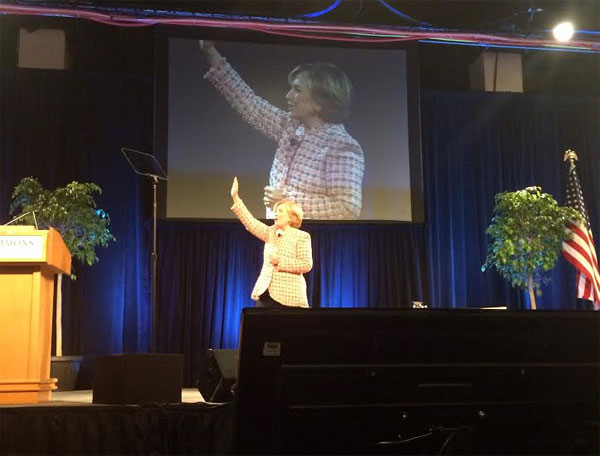


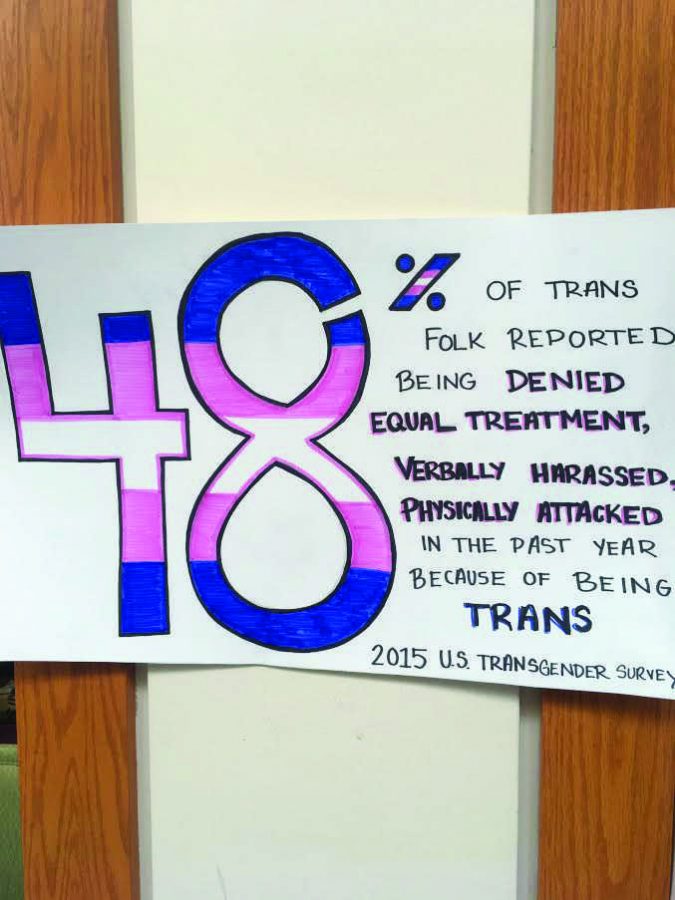


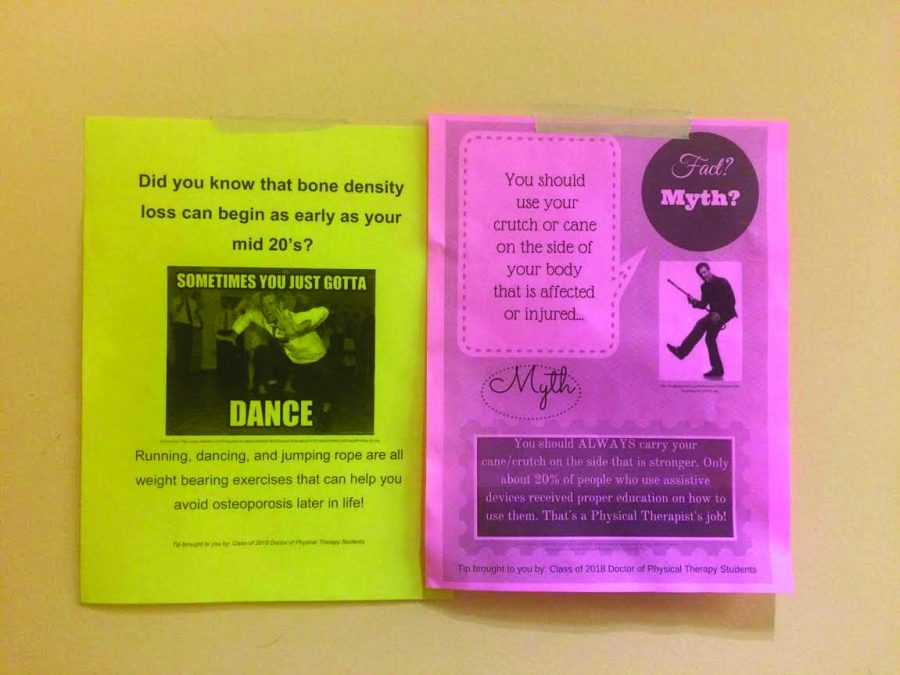

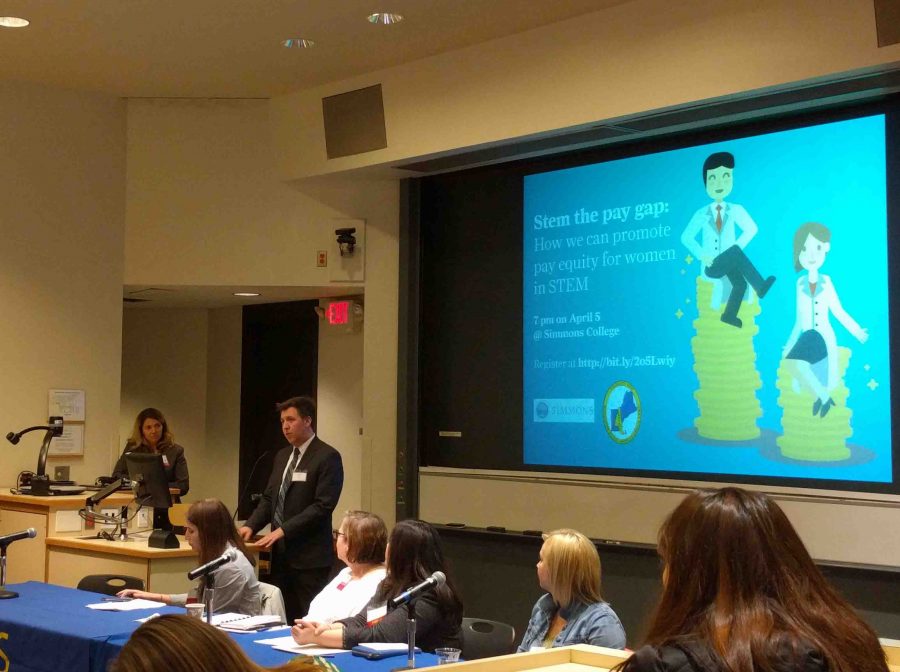
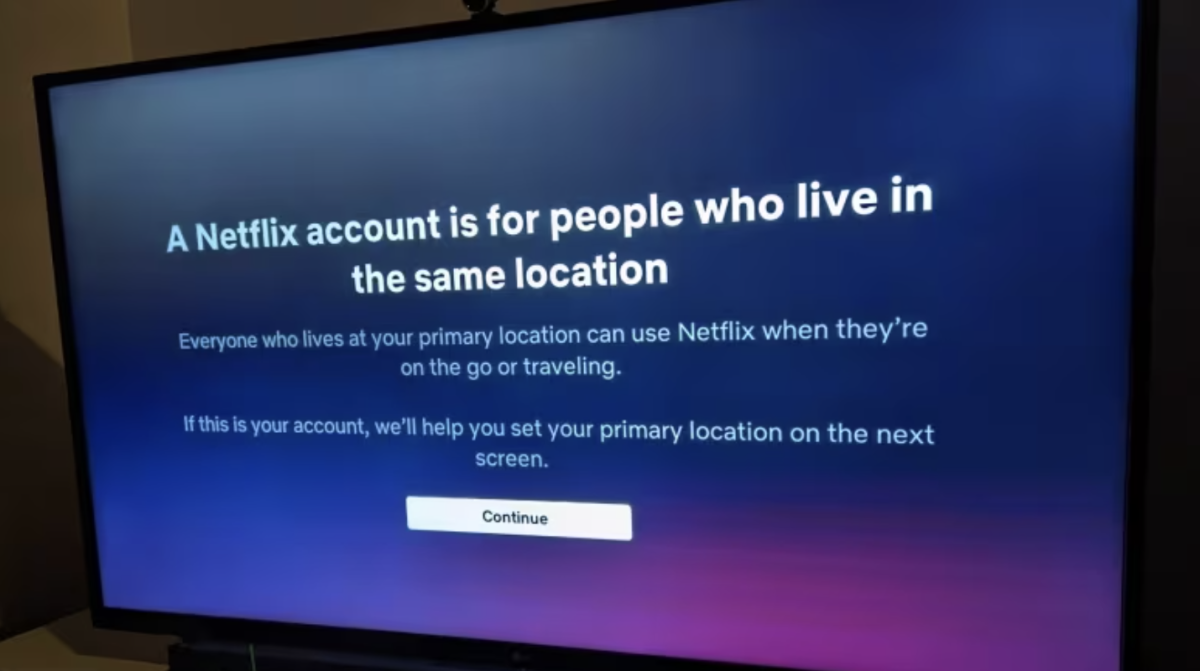


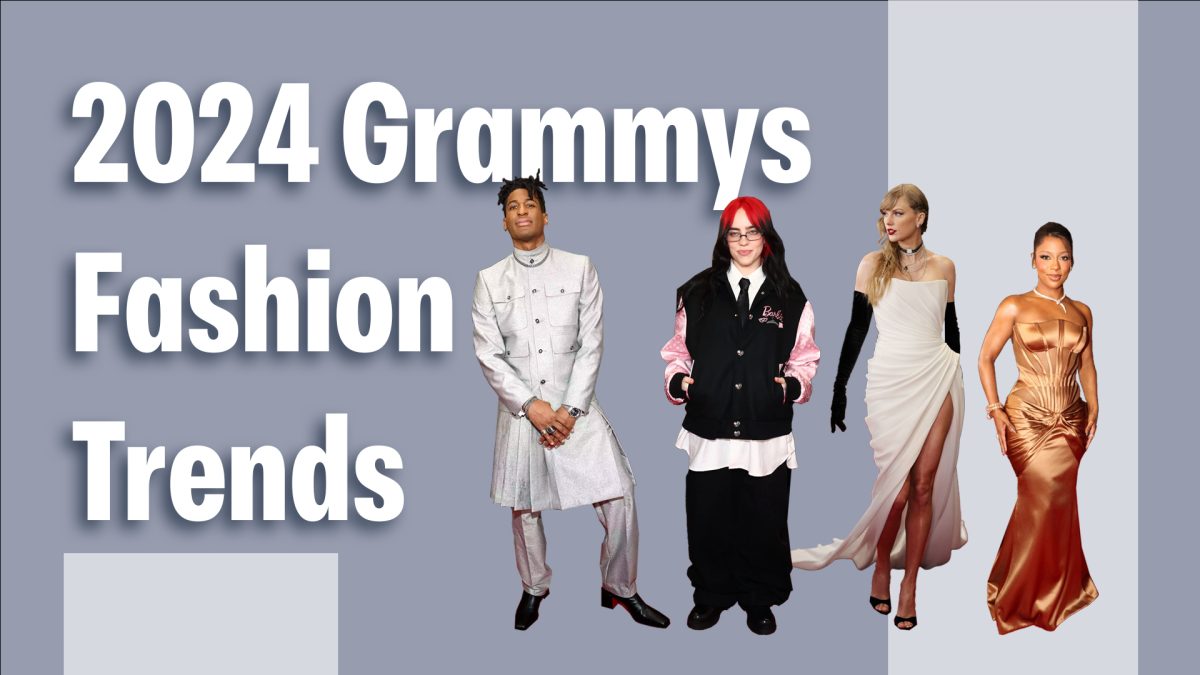


Greg • Sep 22, 2014 at 6:51 am
You are defining “sexism against men” as though it is only possible in the absence of Patriarchy. I can’t see any reason to think this is true. It’s like saying “sexism against women” is only possible if there is no Matriarchy. That seems false as well. I can imagine a female dominated society that expects women to behave in a cruel and callous way because those are the attributes most prized in the Matriarchs. I can imagine perfectly nice women in that society being victims of prejudice, stereotyping, and discrimination because they are not cruel and callous. That prejudice, stereotyping, and discrimination would DEFINITELY be sexism against women. Similarly, if a group of gender equality advocates (in this Matriarchal society) started saying that the reason Matriarchy existed was because all women benefited from cruelty and callousness, those gender equality advocates would also be being sexist against women. Depending on the vitriol in their expressions of this view, they might also be guilty of some misogyny.